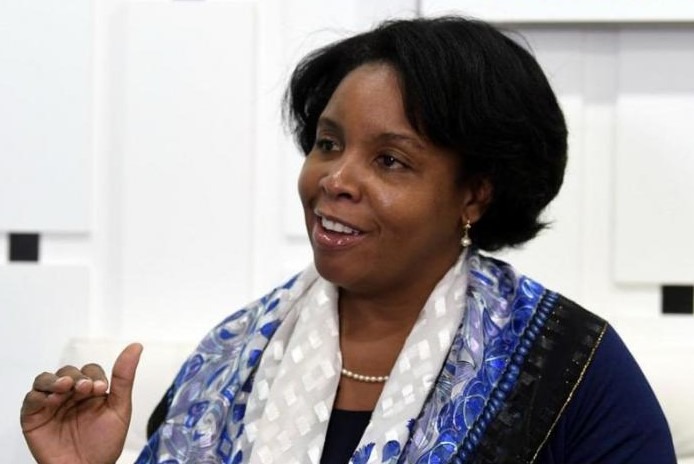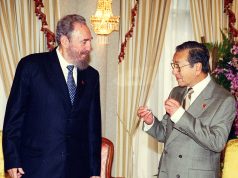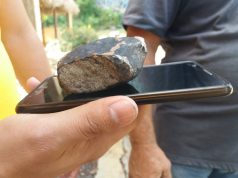Havana – Fidel Castro, Cuba’s former president and the leader of the country’s communist revolution, has died at the age of 90, his brother and successor Raul Castro announced on state television overnight to Saturday.
Castro, who ruled Cuba for 47 years and saw 10 United States presidents come and go before stepping down for health reasons in 2006, is to be cremated later on Saturday in accordance with his wishes, his brother said.
His supporters say Castro gave Cuba back to the people by overthrowing the regime of Fulgencio Batista in 1959 and establishing a communist state, but his detractors say he violently suppressed dissent among his own people.
Castro, who was a thorn in Washington’s side throughout the Cold War, simultaneously appalled and inspired the world.
He lived a life full of “revolutionary romanticism and real belief in the idea” of communism, Konstantin Kosachev, the chairman of Russia’s upper house committee for foreign affairs, said in response to the news.
Castro “embodied Cuba’s communist revolution, both in terms of the hopes it aroused and the disappointments that followed,” French President Francois Hollande said in a statement issued Saturday.
Italian Foreign Minister Paolo Gentiloni said on Twitter that the death of Castro marked the turning of “one of the great and tragic pages of the last century.”


According to his official biography, Castro was born in Biran in eastern Cuba on July 26, 1926. As a young lawyer, he took up the fight against the Batista regime.
After several years in exile, he landed in Cuba with a small army of guerillas in 1956. A talented military tactician, Castro and his fellow revolutionaries managed to overthrow the Batista regime to widespread popular support in 1959.
Two years later, Castro declared his revolution to have been Marxist in nature and aligned his country with the Soviet Union.
This – as well as an agricultural reform and nationalization programme – put him on a collision course with Washington, which imposed a trade embargo that would last decades.
Castro bowed out of frontline politics in Juli 2006 for health reasons, handing the reins of power over to his brother Raul, initially only provisionally and then on a permanent basis.
He is said to have been very skeptical of the normalization of diplomatic ties between the US and Cuba, which saw US President Barack Obama visit Cuba in March.
– dpa










